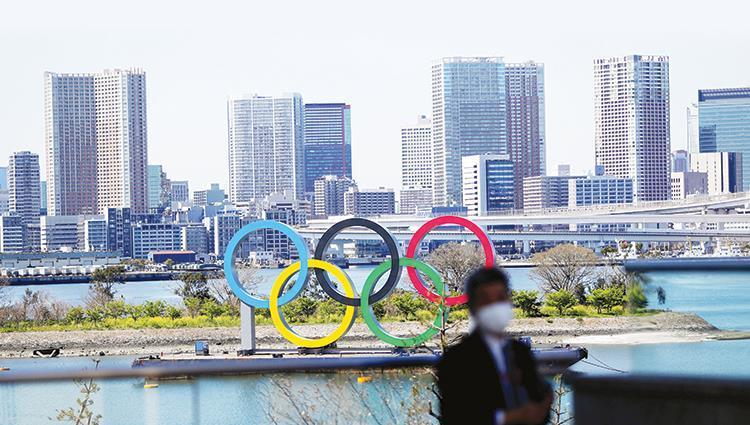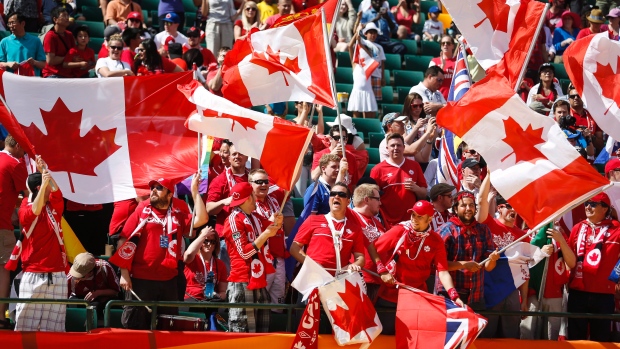It’s official: no fans in the stands at the Tokyo Olympics
Amid COVID-19 concerns, the Japanese government announced there will no longer be any spectators permitted at Olympic venues

The Tokyo Olympics are set to begin in two weeks, and they will be a much quieter Games than what we’re used to. The country’s government declared a state of emergency on Wednesday because of a rise in new infections and concerns over the highly contagious Delta variant. After meeting with the Olympic organizers and the International Olympic Committee, Japan’s Prime Minister Yoshihide Suga announced Thursday that there will be no spectators — international or domestic — inside any Olympic stadium this summer.

RELATED: Why Canadians should boycott the Tokyo Olympics
According to Reuters, the government has also asked people not to gather for events in public spaces, such as along road to watch events like the triathlon or the marathon. Regions outside Tokyo, such as Kanagawa, Saitama and Chiba, will also be barring spectators from Olympic venues, though some officials have said some venues outside the greater Tokyo metropolitan area would allow small numbers of spectators.
“It is regrettable that we are delivering the Games in a very limited format, facing the spread of coronavirus infections,” Tokyo 2020 President Seiko Hashimoto said. “I am sorry for those who purchased tickets.”
Japan has had a slow vaccine rollout and the majority of its population is still unvaccinated. While the country has not experienced COVID-19 to the same extreme as many other countries around the world, it has had more than 810,000 cases and 14,900 deaths since the start of the pandemic. The majority of cases have occurred in Tokyo, and medical experts are forecasting new daily cases in the capital to increase to 1,000 in July and 2,000 in August.
RELATED: Olympic organizers will increase COVID-19 testing at Games
The loss of spectators, and thus ticket sales, at the Games will have a significant impact on the financial burden placed on the host country. The budget for the event, which has already reached an astonishing $15.4 billion, will now have no revenue from ticket sales to make up some of that cost. No spectators also means no tourists, and according to Reuters, this will translate into an economic loss of about $1.4 billion.


